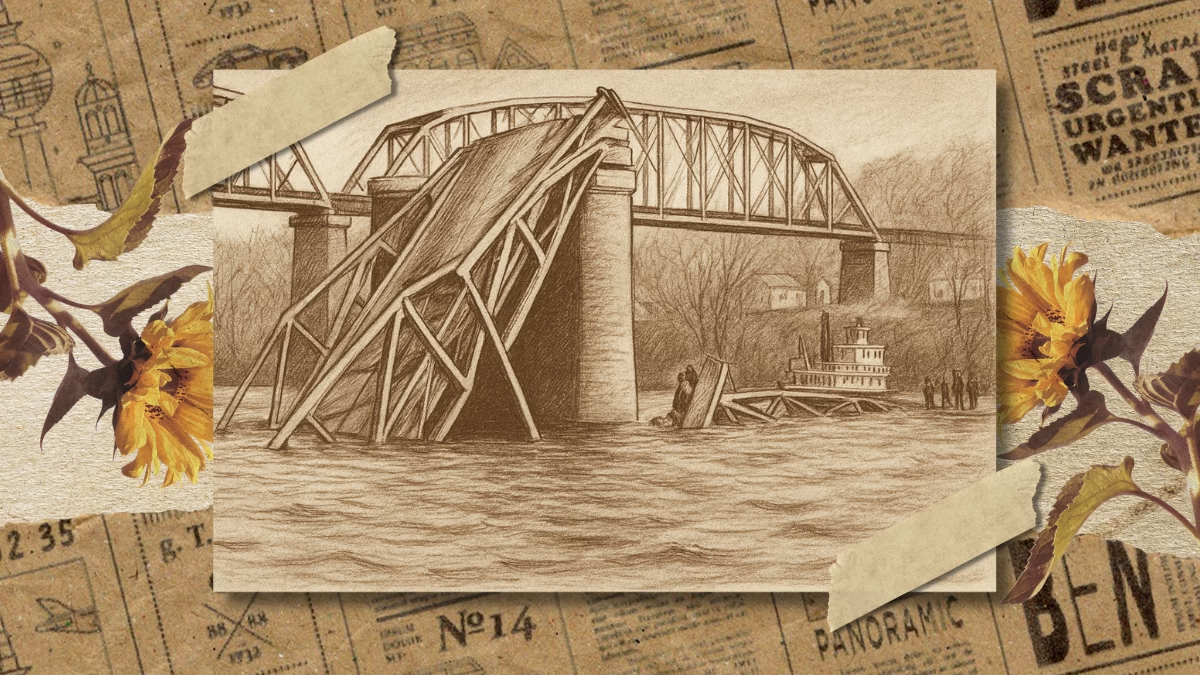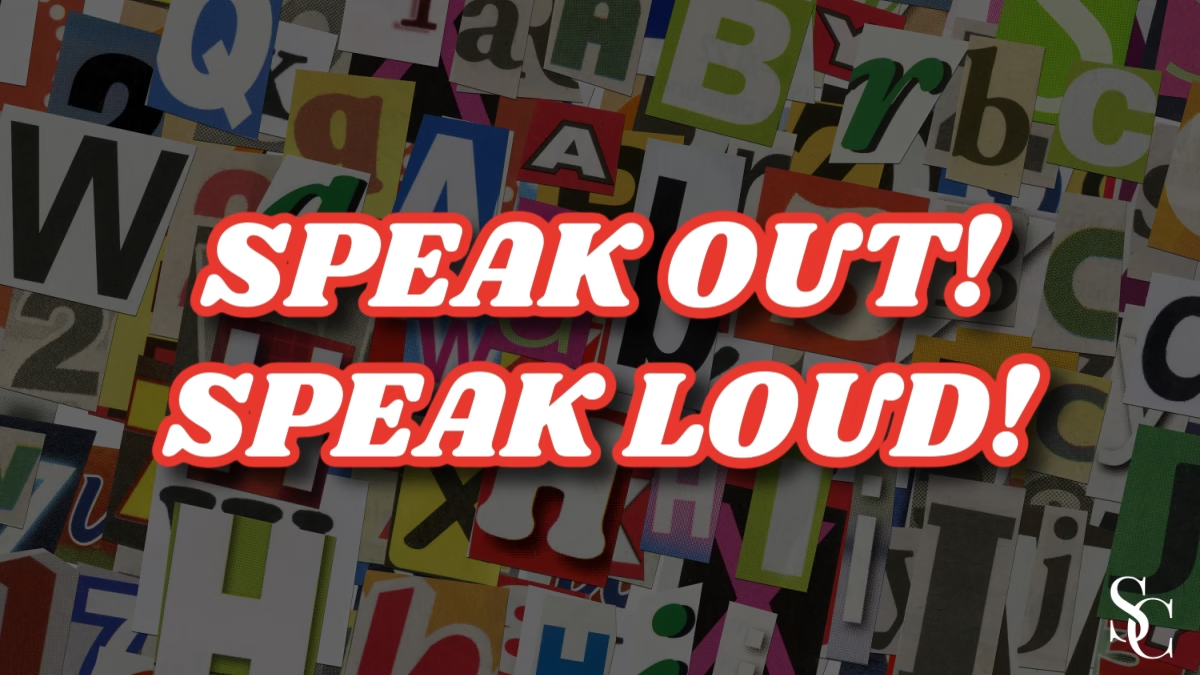
POINT PLEASANT, W.Va. — When the Silver Bridge collapsed on Dec. 15, 1967, 46 motorists lost their lives in an instant. The cause was one critical failure — a corroded eyebar link — and the result was sweeping change. Just months later, the federal government enacted the Federal-Aid Highway Act of 1968, launching a national bridge inspection program. That act has saved countless lives ever since.
Today, America spends billions each year on bridge safety. Routine inspections of more than 600,000 bridges cost between $4,500 and $10,000 per span. Beyond inspections, about $14.4 billion annually goes toward repairing, rehabilitating or replacing bridges because we know the cost of letting one fail.
But here’s the thing: We do not see people as bridges. We do not have a national program to inspect lives for cracks caused by addiction, isolation or trauma. We do not measure how many people die when they “fall apart,” or how many families are irreparably harmed by an overdose or a long, spiraling addiction.
The truth is stark. The federal budget for addiction prevention, treatment and recovery is a fraction of what we spend on physical infrastructure. In 2024, the Substance Abuse and Mental Health Services Administration (SAMHSA) received roughly $8.9 billion for the entire country, covering all substance use prevention, treatment and recovery services combined. Within that, prevention programs often receive only a small slice. In some states, less than 10% of substance use budgets are spent on prevention and early intervention. The rest goes toward treatment after the damage has already been done.
If we treated human beings like bridges, we would make prevention our first priority. We would have systems in place to regularly inspect for signs of strain: mental health screenings, peer recovery support, community outreach and easy, stigma-free access to help. These strategies cost far less than emergency interventions after a crisis, and they save lives.
We know what happens when we neglect maintenance. We have seen it in steel and concrete. The Silver Bridge taught us that prevention is not optional; it is lifesaving.
We have proven as a nation that when something collapses in public view, we will spend whatever it takes to make sure it never happens again. We did it for bridges. The question is: When will we decide that people deserve the same investment?
Bridges get inspected. People should too.

SPEAK OUT! SPEAK LOUD! at The Sober Curator is a celebration of authentic voices in recovery—echoing Madonna’s call to “Express yourself!” Here, readers and contributors take the spotlight, sharing transformative sobriety journeys, creative talents, and new avenues of self-expression discovered along the way. Through videos, poems, art, essays, opinion pieces, and music, we break the silence that often surrounds addiction, replacing it with connection, hope, and inspiration.
Your story matters—and we want to hear it. Submit your work to thesobercurator@gmail.com or DM us on social media.
Disclaimer: All opinions expressed in the Speak Out! Speak Loud! Section are solely the opinions of the contributing author of each individual published article and do not reflect the views of The Sober Curator, their respective affiliates, or the companies with which The Sober Curator is affiliated.
The Speak Out! Speak Loud! posts are based upon information the contributing author considers reliable. Still, neither The Sober Curator nor its affiliates, nor the companies with which such participants are affiliated, warrant its completeness or accuracy, and it should not be relied upon as such.

SOBER POETRY at The Sober Curator is where recovery and creativity intertwine. Featuring heartfelt poems from contributors and readers, this collection captures the raw emotions, triumphs, and challenges of living alcohol-free. Each verse offers a moment of reflection, inspiration, and healing for anyone on a recovery journey—or simply seeking a deeper connection to the human experience.
Have a sober poem to share? We’d love to read it. Email your submission to thesobercurator@gmail.com.

FAMILY RESOURCE GUIDE: Families play a pivotal role in both the path to and through recovery. Research shows that individuals with strong family support have significantly better outcomes, including higher rates of sustained sobriety and improved mental well-being.
When families commit to learning about addiction, joining support groups, and actively participating in recovery, their involvement becomes transformative—not just supportive. Recovery is a collective journey, and compassionate, informed family engagement can be the foundation for lasting change.
If you or someone you love is in immediate danger, call 911. If you are in crisis and need immediate help, call 988.
You’ve got mail from The Sober Curator

Resources Are Available
If you or someone you know is experiencing difficulties surrounding alcoholism, addiction, or mental illness, please reach out and ask for help. People everywhere can and want to help; you just have to know where to look. And continue to look until you find what works for you. Click here for a list of regional and national resources.






